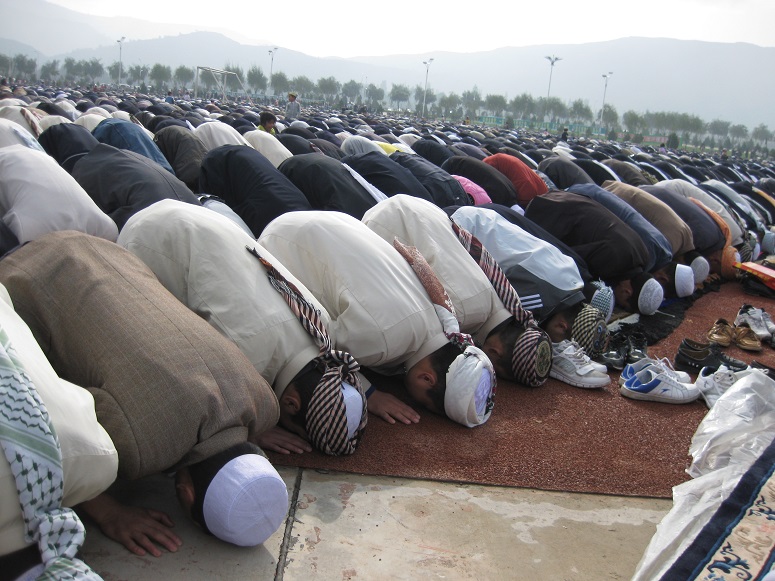
China has passed a new set of rules regulating religious affairs, a year after the proposed amendments were released to the public for the first time.
The new rules, announced yesterday, show no significant alterations to last year’s proposals, though there is noticeably less detail given regarding those who will be responsible for enforcing the regulations. (In the September 2016 draft, it was clearly stated that local authorities would be responsible.)
Over the past few months, Chinese church leaders have given a range of differing perspectives on the proposed regulations, which are due to come into force on 1 February 2018.
Some have suggested the regulations are mainly focused on curbing the rise of Islamic extremism and will not greatly affect Christians. Others have said local authorities are typically reluctant to enforce regulations on churches because of fears of creating conflict and instability.
But others have said they have seen some tightening of restrictions, particularly related to student and youth work, and that some local authorities hand out punishments to avoid being criticised by their superiors.
Over the summer, children were banned from attending Christian camps in several provinces, while notices were issued in others banning all school children, and their teachers, from going to church.
The new rules include guidelines on religious education, the types of religious organisations that can exist, where they can exist and the activities they can organise.
Last year, Yu Zhengsheng, Chairman of the Chinese People’s Political Consultative Conference, emphasised the need for provincial officials to have a better overall understanding of religion, so that they are better able to resist “foreign” religions. (The idea of resisting “foreign” religions is generally taken as an attack on Christianity, which is considered a product of the West, promulgated by foreign powers with the intention of destabilising Chinese “harmony”).
Last year, an analyst from the World Watch Research unit of Open Doors, which monitors freedom to practise Christianity globally, told World Watch Monitor the new rules were part of the government’s attempts to “Sinicize every aspect of Chinese life – be it culture, news or religion”.
“[The] implications for Chinese Christians remain to be seen, but it might well be that these directives find their way into new regulations affecting the Church in China,” an Asia analyst for Open Doors, who wished to remain anonymous, told World Watch Monitor last year. “Freedom in all sectors of society [has been] shrinking since Xi Jinping came into power, and there is evidence that the government is also tightening its grip on the Three Self Patriotic Movement [the state-approved Church].”
As the Communist Party prepares for its 19th Congress in October, World Watch Research analyst Thomas Muller says the regime has two priorities: controlling the media and emphasising ideology.
“The preferred line of thinking is emphasised by introducing President Xi’s own brand of ‘political thought’ into the Party constitution, tying ideology closer to the budding personality cult around him,” says Muller. “Fitting into this pattern is a book recently published by the Central Party School, demanding that all students learn from President Xi’s experiences as a teenager during the Cultural Revolution. As the emphasis on Communist ideology and the personality cult emerging around President Xi gets stronger, the authorities will correspondingly act more strongly against all other ‘ideologies’ not fitting into this system, including the Christian religion.”
